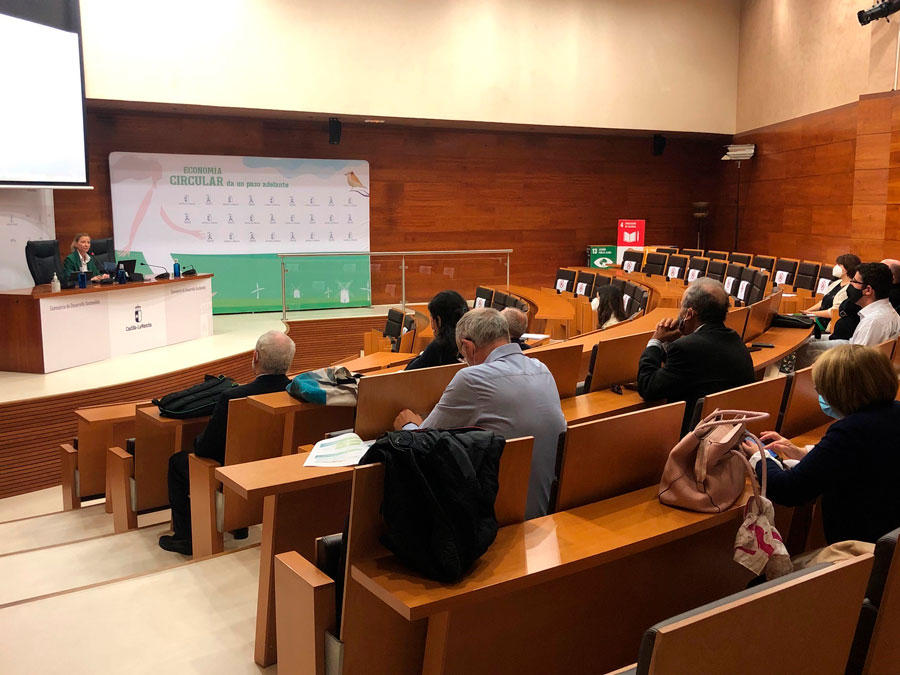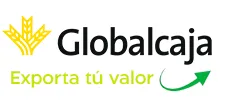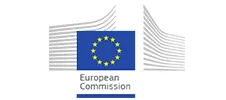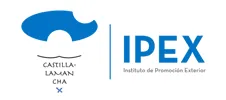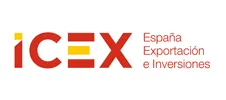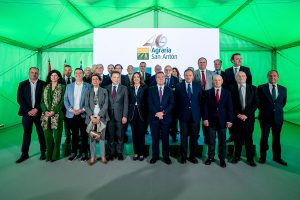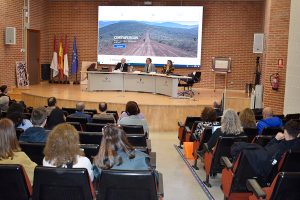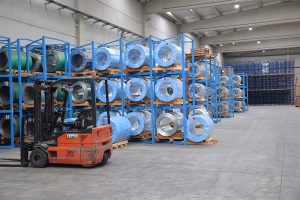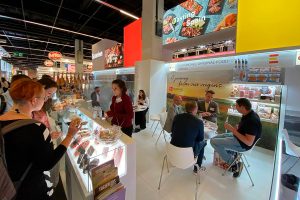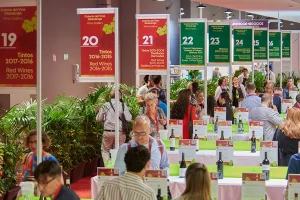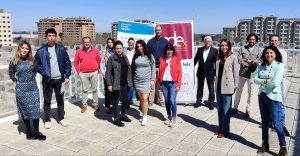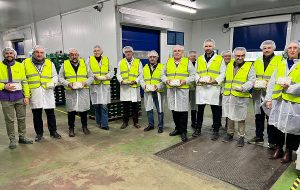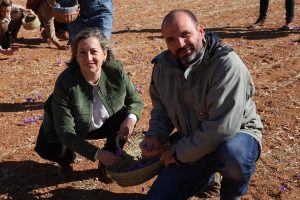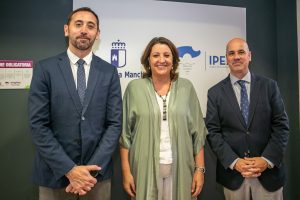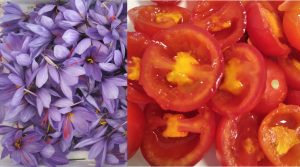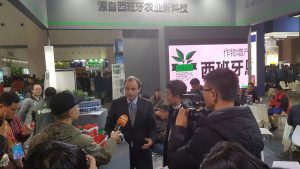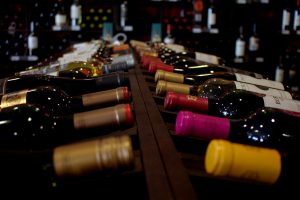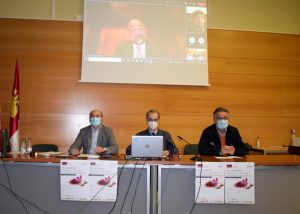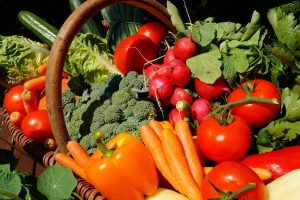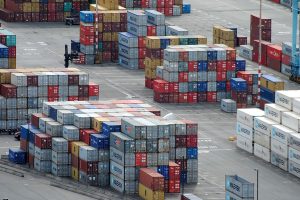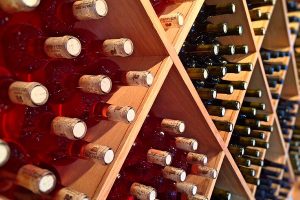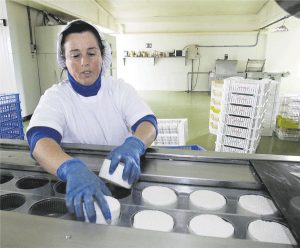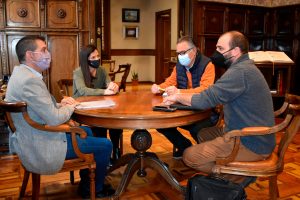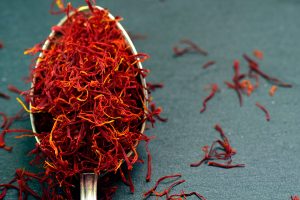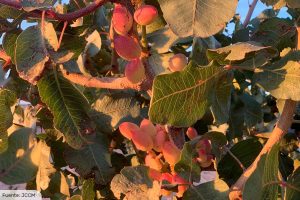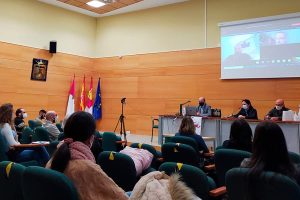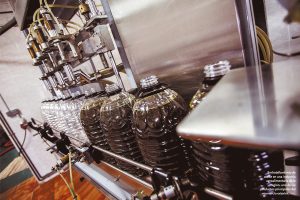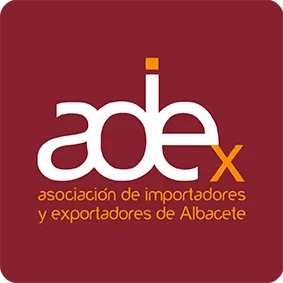Toledo, May 13, 2021.- The Government of Castilla-La Mancha, through the Ministry of Sustainable Development, has launched an innovative circular economy project whose purpose is the 'Environmental Product Declaration' of wines produced in the region, which will be carried out in 11 wineries from five denominations of origin in Castilla-La Mancha, specifically the DO La Mancha, Ribera de Júcar, Uclés, La Manchuela and Jumilla.
As explained by the person in charge of Sustainable Development, José Luis Escudero, during the inauguration of the Conference that has been held in the Ministry, this project that will be developed in the next four months, "seeks to implement a work methodology so that the companies know the environmental impacts associated with their product, through life cycle analysis, and be able to establish a more environmentally friendly production model, as the consumer requests.
With this project, led by the General Directorate of Circular Economy, "we are convinced that the affiliated wineries, with which work has already begun, will improve their competitiveness, since they will be able to find out through the analysis of the cycle of life, from the extraction of the grapes, the processing of raw materials, the elaboration of the wine, the distribution and the management of the containers and packaging at the end of its useful life, how to improve processes, save resources and in turn, in one step later, certify this product declaration that the Junta de Comunidades de Castilla-La Mancha provides them with”, indicated the counselor.
A novel project that, as Escudero has said, involves an important sector for Castilla-La Mancha, such as the agri-food sector, thus meeting the objectives that "we set ourselves at the end of 2019 with the approval of the Circular Economy Law that empowered to develop a Circular Economy Strategy and with it improve competitiveness and R+D+i, applying tools to improve and consolidate processes and bet on the efficient use of resources”. "Castilla-La Mancha is committed to the environment and to its companies, and we want to go hand in hand with them so that they transition to a more sustainable model whose products are more valued by the final consumer," Escudero assured.
An added value to the product and demanded by consumers
For her part, the general director of Circular Economy, Marta Gómez Palenque, explained that the Environmental Product Declaration (DAP) represents voluntary certifications, for the evaluation of the environmental performance of a company. "It is a statement that provides greater added value to the company, to its products and which is increasingly demanded by consumers, who no longer only want safety and quality in food, but also that it be produced in a ethical and sustainable.
This declaration is based on standardized international norms, ISO norms, specifically ISO 14025. "This allows the product to be positioned in European and international markets with an 'environmental quality mark' recognized in all parts of the world and that will be announced through the eco-labels”, assured Gómez Palenque.
With the data obtained in the life cycle analysis, companies will be able to find out important data on manufacturing processes (consumption of energy, water, hazardous materials and substances, air and water emissions, waste, use and soil contamination and other local effects), the identification of environmental impacts and, finally, they will be able to make informed decisions and propose circular economy strategies in the use of materials, cleaning system and waste management, among others, to be more competitive”.
For Gómez Palenque, the agri-food sector is one of the four key sectors of the Circular Economy Strategy in which the Ministry works, "because of its relevance both for society and for the economy, as well as for its development potential and contribution to the objectives set", he indicated. And, in turn, the wine sector is one of the most important in our region, "which is why we have selected this sector to carry out a project that will allow wineries to measure, learn about and improve their processes, as well as their penetration in the market, since consumption patterns are changing and where the environmental profile is an increasingly important criterion for public and private purchasing and for consumer choice”.
Representatives of the wineries and appellations of origin, as well as the Deputy Minister of Rural Affairs, Agapito Portillo, participated in today's session. Specifically, the wineries are: DO La Mancha (Alcardet, Entremontes, and Bodegas Pedro Heras); DO Ribera del Júcar (La Magdalena and Illa), DO Uclés (Fontana, Finca La Estacada and Soledad; La Manchuela (Vega Tolosa); DO Jumilla (Bodegas San Dionisio and DCOOP Cooperativas). "The project will contribute to achieving a transition towards a sustainable food system, within the framework of the European Strategy for Food Sustainability", concluded the general director.

